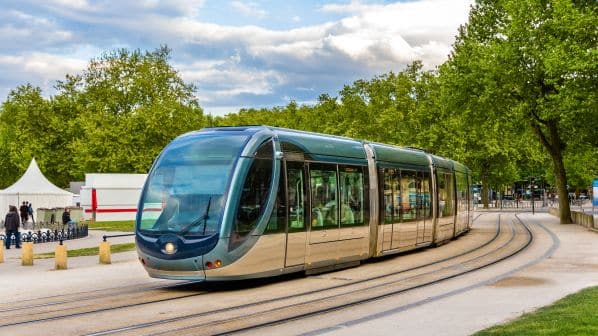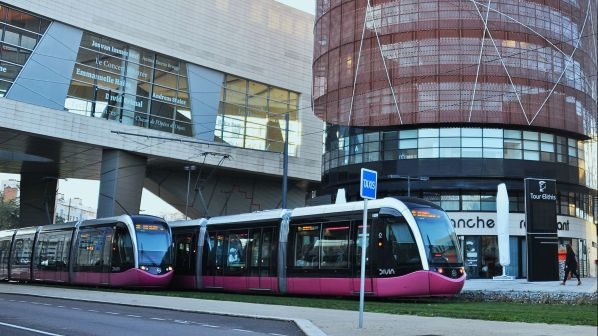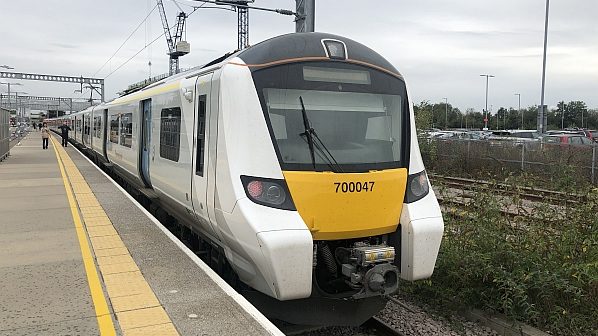PRESENTING the company’s annual results on March 10, Keolis CEO, Ms Marie-Ange Debon, said 2022 had been “a good year” for the contract operator of commuter rail, metro and light rail services, when it had “focused on what we do best.”
Revenue in 2022 was €6.71bn, up 6.4% from the reported figure of €6.31bn for 2021, and 2.1% up on the €6.58bn recorded in 2019 before the onset of the Covid-19 pandemic.
Debon reported “outstanding business development driven by our operational know-how.” In France, where revenue was €3.27bn in 2022, Keolis won a seven-year contract to operate the light rail and bus networks in Valenciennes, and retained its contracts in Bordeaux and Dijon.
According to Keolis CFO, Ms Christelle Villadary, passenger traffic on Keolis operations in Western Europe and Australia is now back to around 80% of 2019 levels, and at 90% in Britain. The figure is lower in the United States, however.
International revenue was €3.17bn in 2022. In Britain, Keolis secured a three-year national rail contract to continue operating Thameslink, Southern and Great Northern services in a joint venture with Go-Ahead.
“Britain is not an easy market,” Debon said. “This is a very significant contract.” Asked by IRJ if Keolis would be bidding for rail operating contracts in Britain in the future, she said that it was key market for the company which would certainly be present once the new legal framework had been established.
“We have been present in Britain for the last 25 years,” said Mr Bernard Tabary, CEO International at Keolis. “Without any doubt, Keolis will confirm its interest when contracts are put out to tender.”
Other significant contract wins for the international business in 2022 included a 12-year contract to operate the light rail and bus networks in Lund, Sweden.
Recurring Ebita was however down 6.3% at €647m in 2022 from €690m in 2021. This was largely due to the termination of the Wales and Borders rail contract in Britain in 2021, and from the sale by Keolis of its activities in Germany in December 2021.
Keolis also completed the sale of its activities in Norway in October 2022.
Recurring Ebit in 2022 was up by 2.4% at €209m from €204m the year before. The negative impact of labour shortages and difficulties in recruiting staff were partly offset by increased volume and productivity gains.
“Recruiting and retaining staff is an international issue right now,” Debon said. “There is a shortage of labour in all countries and especially in transport.”
“With public transport ridership gradually returning to near pre-Covid levels, we swung into action in early 2022 to address the labour shortage, rolling out a proactive recruitment programme to attract and retain new employees.”
Other challenges in 2022 included inflation and “a significant increase in energy costs,” according to Villadary. Energy-saving plans are being implemented across the group.
Net income in 2022 was €48m, up 28% from €28m in 2021. This reflected the combined impact of strong operational performance, controlled financial expenses and the contribution of associated companies, particularly in Britain.
“Keolis turned in a very strong performance in 2022 thanks to dynamic business development in France, and internationally, which helped strengthen our market position,” Debon said.
“Our quest for operational excellence in core business lines has been and continues to be an absolute priority, with a special focus on delivering quality passenger services that public transport authorities expect.”
For detailed data on metro and light rail projects around the world, subscribe to IRJ Pro.



